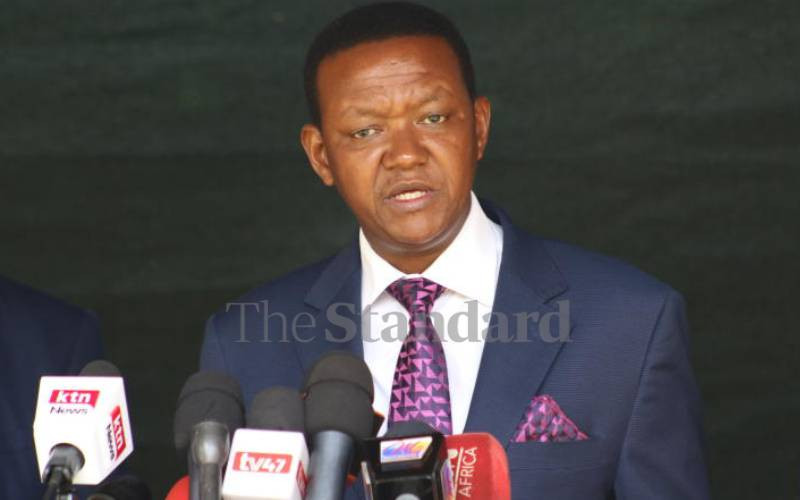×
The Standard e-Paper
Smart Minds Choose Us

Kenya's foreign policy is anchored on five pillars of diplomacy. These are economic diplomacy, peace diplomacy, environmental diplomacy, cultural diplomacy, and diaspora diplomacy.
The country's bilateral and multilateral engagements are undertaken within the confines of these pillars. Ambassadors and high commissioners are Kenya's highest representatives abroad. They are tasked with executing the country's foreign policy.